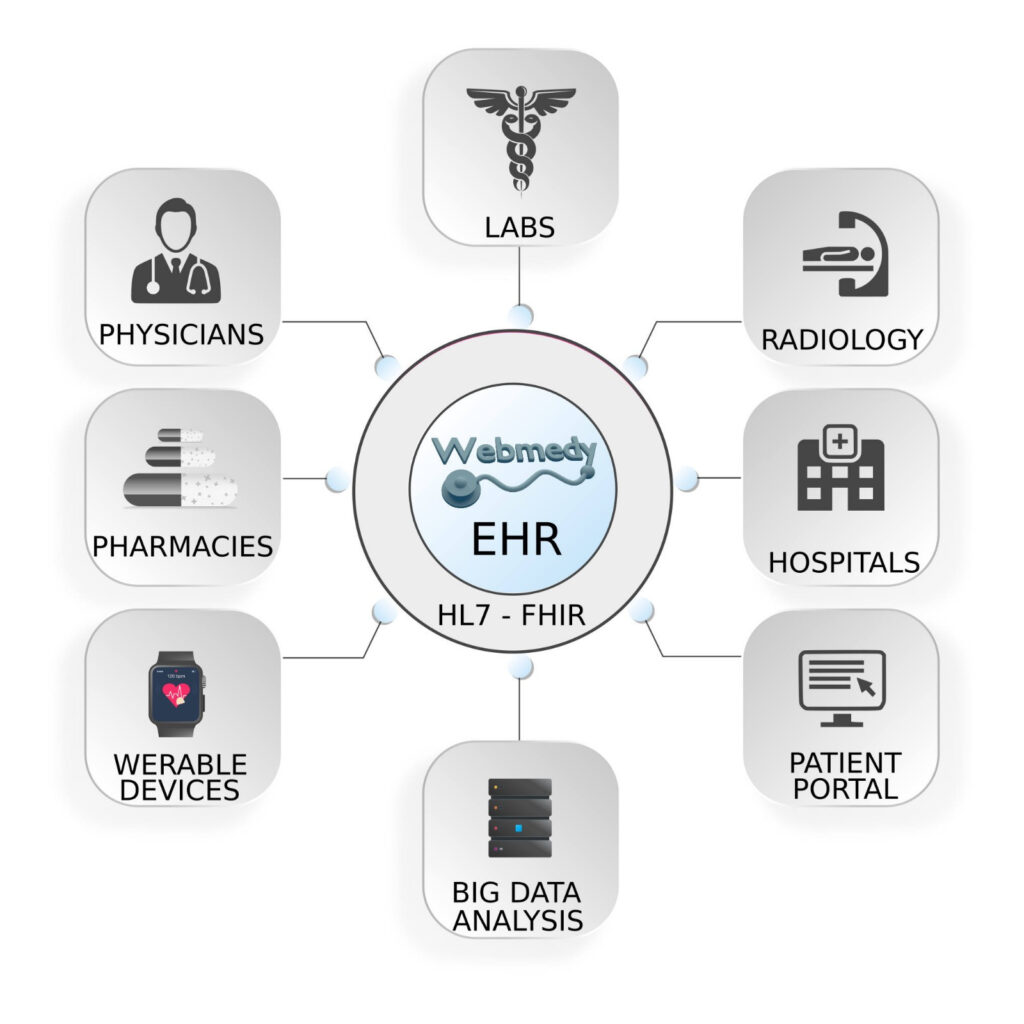See the first inventor of EHRs
What is EHRs?
There have been cases of polypharmacy in Africa, mostly in the older population with multimorbidity. Usually, they don’t tell the different physicians about the medications they are already taking. They thereby use excessive and unnecessary medications for their ailments.
There are also cases of drug-drug interaction, where a patient takes different drugs, prescribed by different physicians, not knowing that they react together.
Again, most people are afraid of visiting African hospitals, because of the long queues they’ll encounter. Some are also afraid of traveling, because they know that their doctor(who knows their health history)would be far from them.
There have been cases of missing health records in some African hospitals(eg Nigeria), just because the information wasn’t saved digitally. These and more were the reasons Electronic Health Records was developed.
Who invented EHRs first?
In the1960s, Larry Weed tried to solve the aforementioned problems by developing the “Problem Oriented Medical Record”. He brought out the idea of recording a patient’s data electronically.
The problems of; polypharmacy, drug-drug interaction, delay in locating a patient’s health record etc, could be solved with the help of the EHRs software.

What is EHRs?
According to Wikipedia,Electronic Health Record (EHR) is systemized health information in a digital format. One good thing about EHRs is that, it can be created and managed by authorized providers, and the records can be shared across different health care settings. This ensures that the patients’/clinicians’ information are secured . It also implies that distance is never a barrier to getting the best healthcare treatment.
What does EHRs contain?
It contains a patient’s;
- Demographics
- Medical history
- Medication and allergies
- Immunization status
- Laboratory test results
- Radiology images
- Vital signs
- Age and weight
- Billing information
CONCLUSION
Electronic Health Records(EHRs) favours not just the patients but the clinicians as well. It’s said that “Knowledge is power”, but I’ll add that “information is power” too. When clinicians are fed with the right and adequate information, they’ll act accordingly and thereby prevent unnecessary errors in medical practice especially in African hospitals.
EHRs is all about compilation of data, making it secured and mobile for effective health care process. If I had existed in the 1960s, Larry Weed would probably be my mentor. But I’m glad that OJ Technologies Ltd, has keyed into this great technology. Anticipate an EHRs software from us soon!
Do you think EHRs could solve all the problems encountered in African hospitals, when it comes to patients’ health records?

